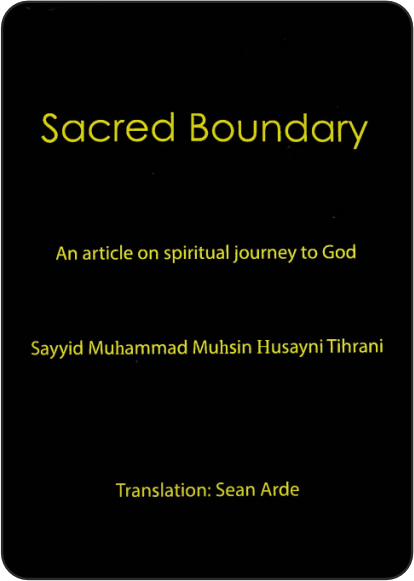Description
In September 1979, when I began my studies in religion at Uppsala University,
the Iranian revolution had just taken place. The revolution had a huge impact
on the Department of Theology, and in particular the Department of the History of Religions. For decades, in Sweden and elsewhere, religion had been
seen as a private matter, of little or no interest in terms of influencing modern
society. As a consequence, religious studies as an academic discipline had often
been regarded as a rather obscure subject cultivated largely by nerds with little
interest in what went on in society at large – and to some extent this had been
true. The revolution in Iran took politicians, political scientists and scholars of
religion by surprise. Suddenly it became obvious that religion can have a very
forceful influence on contemporary society, and it became important to study
religion as a factor in the development of political and social issues at national
and even global levels. Many events in the past forty years have intensified
this insight, and this has led the academic study of religion to reconsider some
of its methods and objects of study. Hence, to its preoccupation with sacred
beings, acts and beliefs religious studies has had to add a concern with the
social powers that create these, that make such phenomena sacred and thus
contribute to the formation of identities and societies






Reviews
There are no reviews yet.